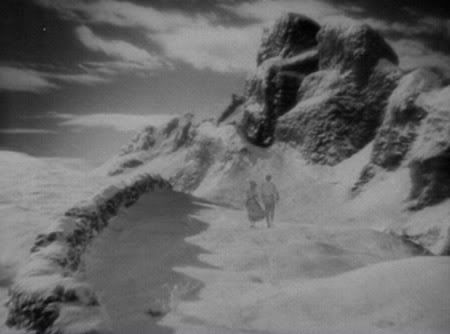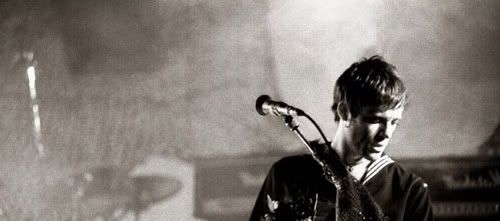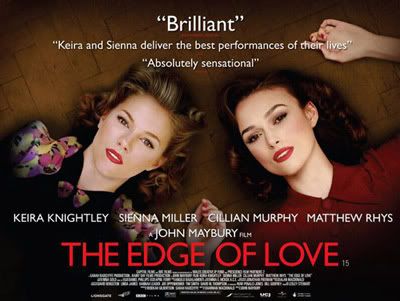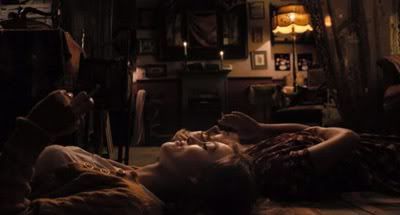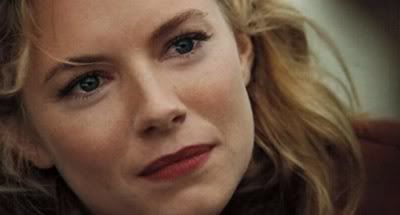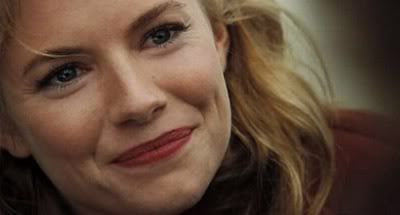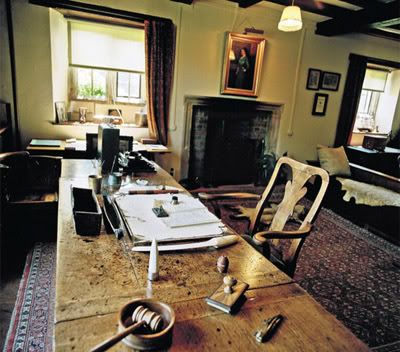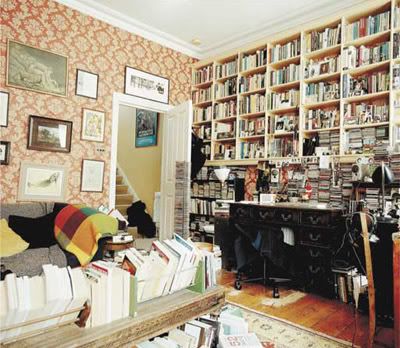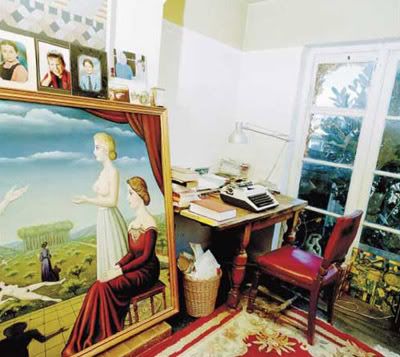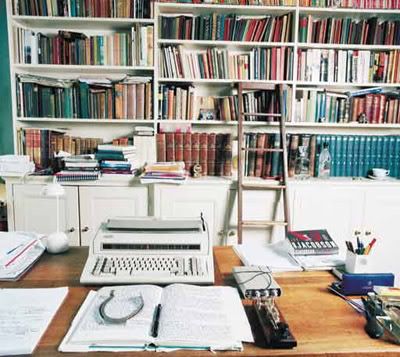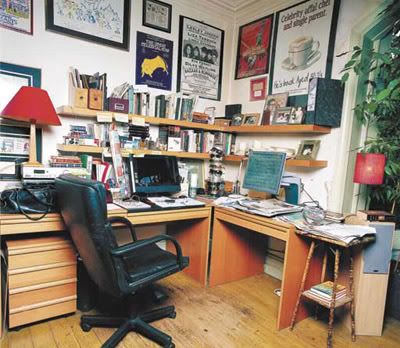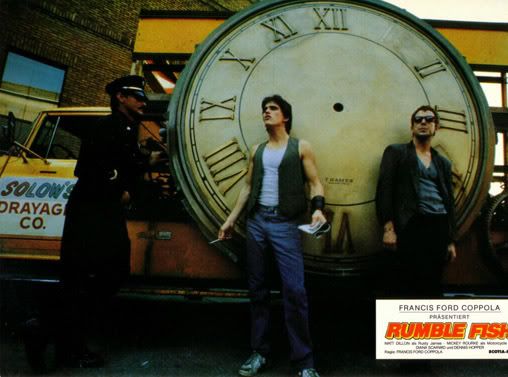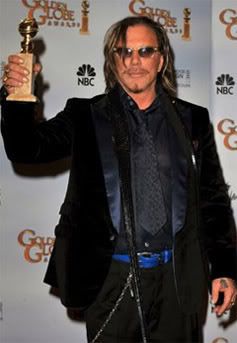

Even though I haven't seen the film yet, and I'm secretly rooting for Sean Penn to win an Oscar for Milk, Mickey Rourke's award excites me so much because he plays one of my all-time favourite characters on screen, The Motorcycle Boy in Francis Ford Coppola's Rumble Fish.
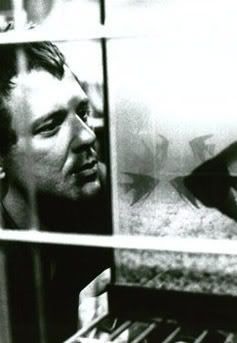
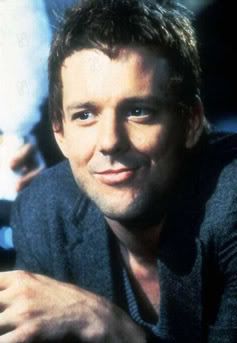
Based on S.E. Hinton's young adult novel novel, Rumble Fish focuses on Rusty James (played by Matt Dillon), who wants nothing more than to follow his brother's example in a world of youth gangs. However, his brother whom everyone calls The Motorcycle Boy, is heavily traumatised by his years as a gang leader, and as a result, is colour-blind and partially deaf. The Motorcycle Boy tries to warn Rusty James away from the gang world, telling him about Rumble Fish: Siamese fighting fish who will attack any other fish they encounter, even battling their own reflection to the death.
As you can tell, it's all very heavy on symbolism, but with a great cast (also including a stunning Diane Lane, Nicholas Cage, Tom Waits and Dennis Hopper as the brothers' Dad), it's a beautifully-made film. Coppola shot the film in black and white, only showing the Rumble Fish in colour and although at times the combination of the style of the film and the symbolism threaten to turn it into a self-important arthouse flick, Mickey Rourke's amazing performance saves it from becoming a charicature. To hear that strange, disembodied voice of his describe the way he sees the world ("it's like black and white tv with the sound turned low") is as good as it gets in cinema.
My good friend Katie runs a great website on both the book and the film Rumble Fish: The Wrong Side of the River, and she recently got the opportunity to attend a screening of The Wrestler followed by a Q&A with Mickey Rourke. She took some great clips of the Q&A; it's inspiring to hear him talk about his acting at such a leisurely pace - TV interviews are normally so rushed. You can see several clips on her YouTube-channel, my favourite clip (not least because I got a special dedication!) is of Mickey talking about how he got Bruce Springsteen to participate on the soundtrack.
It's a world of difference, looking at Mickey Rourke in 1983 and now, but it's really exciting to finally see him get such recognition for his acting, while a lot of people had written him off several years ago.





